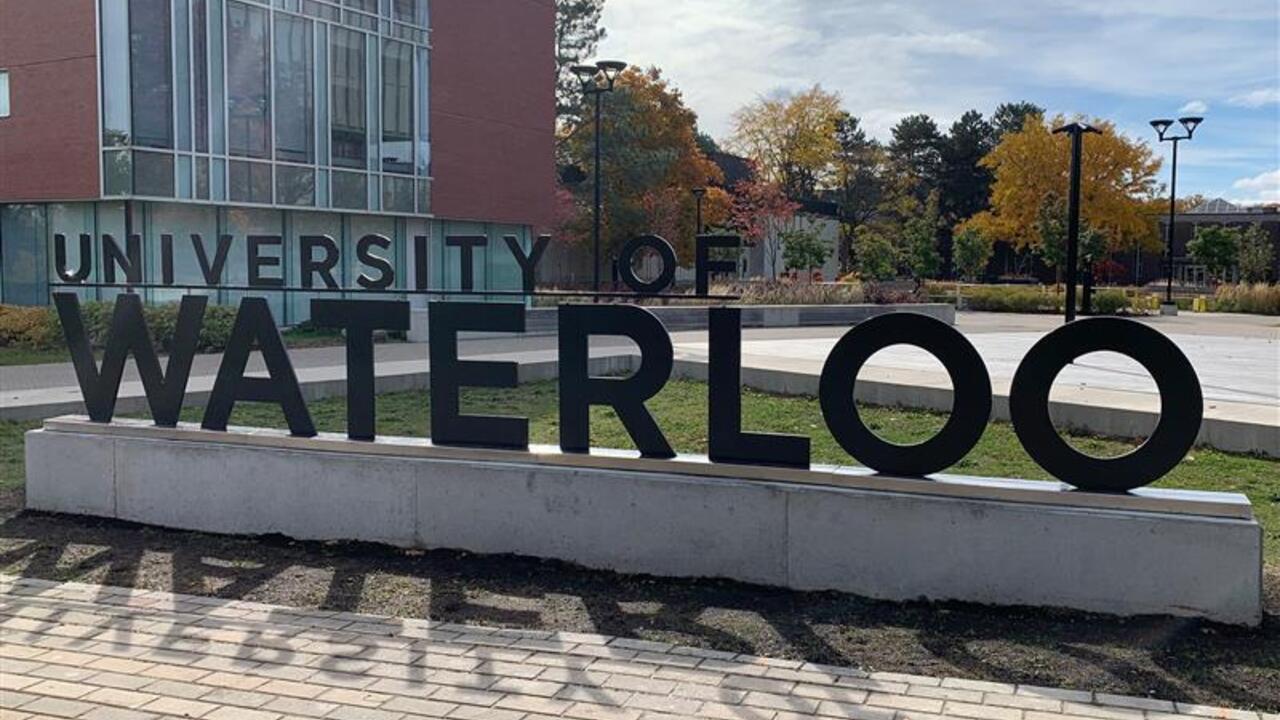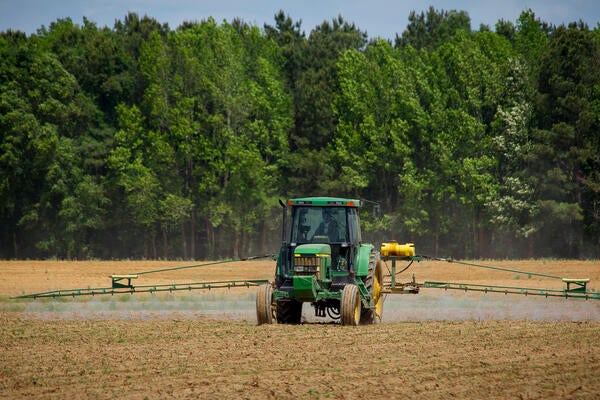
University of Waterloo researchers named Canada Research Chairs
Three of the researchers are new chairs at the Tier 2 level, and one advances to Tier 1.

Three of the researchers are new chairs at the Tier 2 level, and one advances to Tier 1.
By Media RelationsWATERLOO, Ont. (Friday, Oct. 12, 2012) – Important research with the potential to improve human health has earned national recognition for four University of Waterloo professors whose Canada Research Chair (CRC) grants were announced today.
Three of the researchers are new chairs at the Tier 2 level, and one advances to Tier 1.
"The leading-edge work of these researchers has the potential to have a lasting and positive impact on the lives of so many people in Canada and around the world," said Feridun Hamdullahpur, president & vice-chancellor of Waterloo. "Their innovative approach to real-life issues places these professors among the top researchers in the country."
Professor Jack Callaghan of the Department of Kinesiology in the Faculty of Applied Health Sciences is Canada Research Chair in Spine Biomechanics and Injury Prevention. He advanced to a Tier 1 CRC. His research into lumbar spine function and spinal injury is influencing workplace standards, helping to prevent spinal injuries and improve treatment for people suffering from low-back pain.
Professor Frank Gu of the Department of Chemical Engineering in the Faculty of Engineering was named Canada Research Chair in Advanced Targeted Delivery Systems. He will change medical treatment and diagnosis by bringing together biology and engineering. The tiny machines he is developing may one day move through the bloodstream of a cancer patient to attack a tumour. His work may also one day help to rid drinking water of contaminants.
Professor Abigail Scholer of the Department of Psychology in the Faculty of Arts was named Canada Research Chair in Motivated Social Cognition. Her research encompasses everything from lifestyle choices to eating habits, and examines factors that reduce failure and increase success in the face of temptation, the management of change, and the pursuit of important long-term goals. Her work could lead to the development of interventions that may help people make better choices.
Professor Ken Stark of the Department of Kinesiology in the Faculty of Applied Health Sciences was named Canada Research Chair in Nutritional Lipidomics. He studies the cell membranes that may offer better understanding of the links between diet and disease, and the ways cells communicate with one another.
The Honourable Gary Goodyear, Minister of State (Science and Technology) announced the recipients today in Toronto.
In just half a century, the University of Waterloo, located at the heart of Canada's technology hub, has become one of Canada's leading comprehensive universities with 34,000 full- and part-time students in undergraduate and graduate programs. Waterloo, as home to the world's largest post-secondary co-operative education program, embraces its connections to the world and encourages enterprising partnerships in learning, research and discovery. In the next decade, the university is committed to building a better future for Canada and the world by championing innovation and collaboration to create solutions relevant to the needs of today and tomorrow. For more information about Waterloo, visit www.uwaterloo.ca.
-30-
Pamela Smyth
Media Relations Officer
Communications & Public Affairs
University of Waterloo
519.888.4777

Read more
Collaboration with diverse health-care leaders ensures a curriculum tailored to address the sector's most pressing challenges

Read more
Farmers need support to adopt farm forests, windbreaks and riparian buffers as environmental best management practices

Read more
Transformative AI innovations, data and ethics are the focus across digital health academia, clinical practice and industry
The University of Waterloo acknowledges that much of our work takes place on the traditional territory of the Neutral, Anishinaabeg and Haudenosaunee peoples. Our main campus is situated on the Haldimand Tract, the land granted to the Six Nations that includes six miles on each side of the Grand River. Our active work toward reconciliation takes place across our campuses through research, learning, teaching, and community building, and is co-ordinated within the Office of Indigenous Relations.